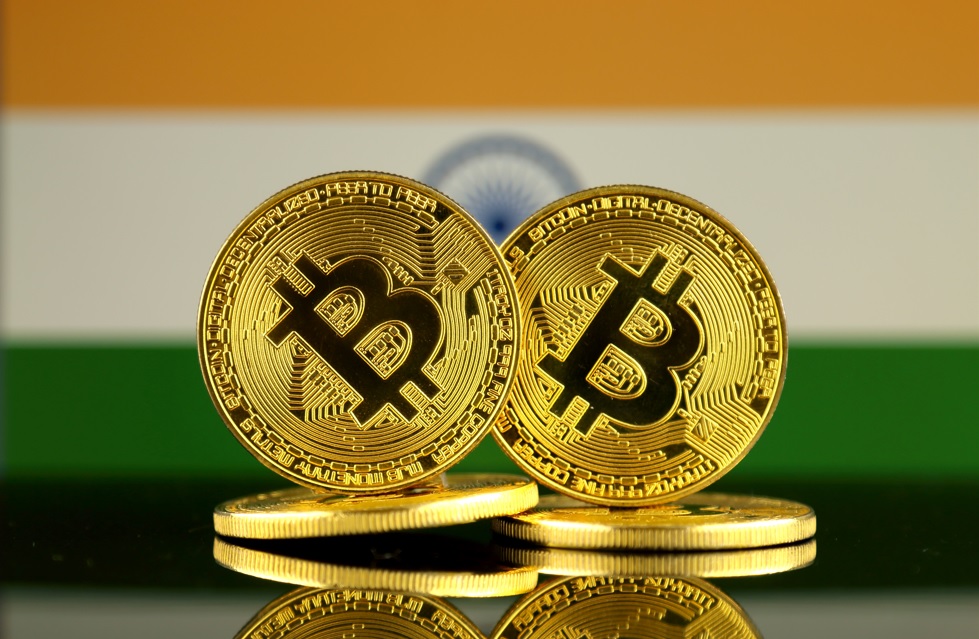
The Indian government has cracked down on cryptocurrency activities in recent years.
Cryptocurrency exchange Coinbase has revealed that it halted its trading activities in India due to the informal pressure from the Reserve Bank of India (RBI).
The RBI, like many central banks across the world, has been tough against cryptocurrency trading activities. At some point, the RBI banned financial institutions from partaking in crypto-related services.
Coinbase launched its services in India on April 7 but rolled back its decision three days later. The Coinbase app allowed users in India to buy crypto tokens using UPI, a highly popular Indian payments infrastructure built by a coalition of retail banks in the country.
The UPI refused to acknowledge support for the Coinbase app, resulting in the crypto exchange rolling back its earlier decisions.
Coinbase CEO Neil Armstrong confirmed that the informal pressure from the RBI is the reason why the company halted operations in India. He said;
“I guess just to zoom out for a minute, one of our theories here and my theory, is that action produces information. So it’s not always clear as we go to these countries all over the world, everybody is in varying states of kind of education or lack thereof about crypto. And there’s a lot of work to go meet with policymakers around the world and kind of teach them about what the AML capabilities are and what are the positive benefits. The people of these countries generally really want crypto. And so to me, that says that most places in the free world and democracies, crypto is going to eventually be regulated and legal, but it’s going to take time for them to get comfortable with this.”
Despite the challenges, Armstrong said Coinbase will still launch in India. He added that the company is currently considering the best way to move forward but is committed to launching its operations in the country. He concluded that;
“We’re going to launch because it forces the discussion to be had. Now the press is talking about it in India. Now there’s meetings happening that are going to talk about how we get to the next step. So that’s generally our approach with international expansion.”

